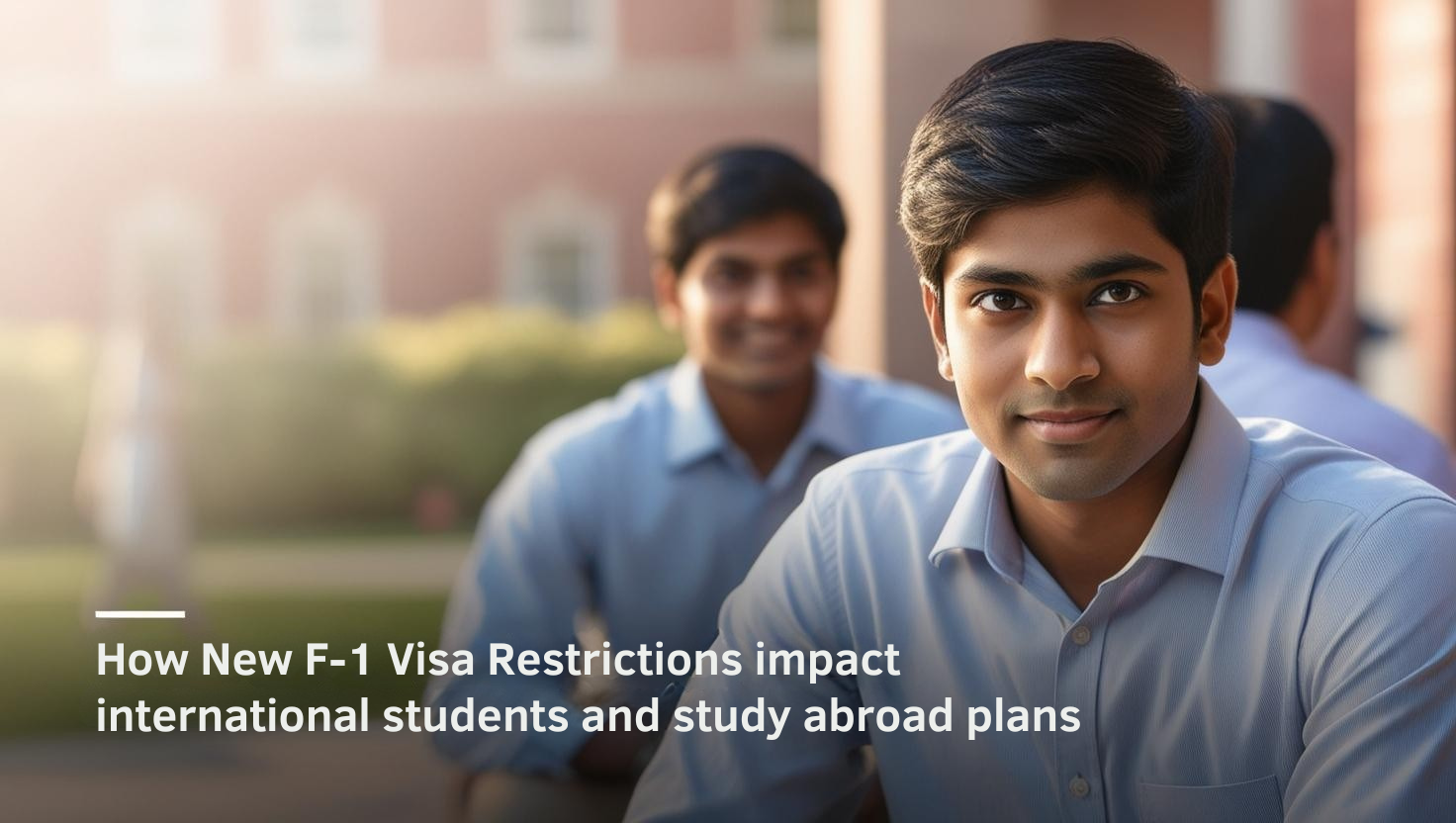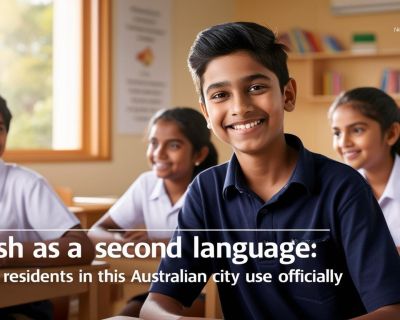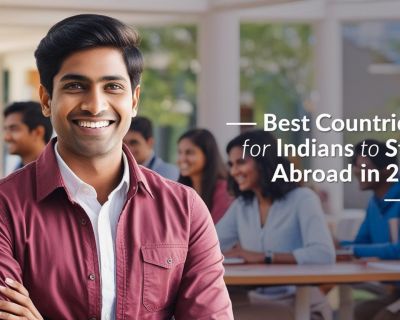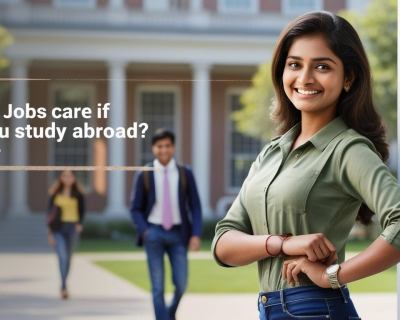The recent tightening of F-1 visa restrictions in the United States has raised concerns among international students. These new rules impose stricter limits on how long students can stay outside the US while maintaining their visa status. According to the updated regulations, students must not spend more than five consecutive months outside the US during their academic programs. This change could significantly impact study abroad plans, internships, and academic breaks for thousands of students.
Understanding the New F-1 Visa Regulations
The F-1 visa is a non-immigrant visa issued to international students pursuing academic studies in the US. Traditionally, F-1 visa holders were allowed to travel outside the US for holidays, study abroad programs, and internships, provided they adhered to specific guidelines. However, under the new rule, students who remain outside the US for more than five months risk losing their visa status.
These restrictions pose significant challenges for students enrolled in programs that emphasize global experience. Many universities incorporate international study, internships, or exchange programs into their curriculum. Now, students in these programs may struggle to maintain their visa status while pursuing global opportunities.
Another complication is the requirement to obtain a new Form I-20, an essential visa document, at an additional cost. This extra step makes it more difficult for students to engage in extended study or work opportunities outside the US.
Universities and Programs Most Affected
The universities and programs most impacted by the new visa restrictions are those that emphasize global learning, international exchanges, and extended internships abroad. Some of the most notable institutions facing challenges include:
- Minerva University – This university follows a global rotation model where students study in different cities worldwide. The five-month restriction could severely limit students’ ability to participate in the program as designed.
- New York University (NYU) Global Programs – NYU has international campuses in Abu Dhabi and Shanghai, with many students participating in semester-long global programs. These experiences may now need restructuring.
- Northeastern University Co-op Program – Many students in this program secure internships outside the US, often lasting longer than five months. This restriction could limit opportunities for international work experience.
- Duke University’s Global Health Program – This program requires students to conduct long-term research and internships abroad, which may no longer be feasible under the new visa rules.
These universities and others with global academic models will have to revise their course structures and offer alternative opportunities for students.
Implications for International Students
The new restrictions mean that students must plan their academic and professional experiences more carefully. Those in global programs may need to shorten their time abroad or opt for different courses that allow them to remain in the US.
For students seeking international internships, the limitations could mean missing out on valuable career-building opportunities. Many industries, especially STEM fields, require hands-on research and training abroad. Now, students may need to adjust their career plans and seek alternative ways to gain international experience.
Additionally, these visa changes could discourage some prospective students from choosing the US as a study destination. Countries with more flexible visa policies, such as Canada, Australia, and Germany, might become more attractive options for students seeking global education experiences.
Challenges for Universities
US universities that attract large numbers of international students will face challenges adapting to the new regulations. Institutions may need to:
- Restructure global programs – Universities may have to shorten international study experiences or offer virtual alternatives.
- Reevaluate visa advising services – Schools will need to provide additional guidance on how students can stay compliant with visa regulations.
- Expand domestic opportunities – Institutions may need to offer more research and internship placements within the US to compensate for lost international experiences.
There is also concern that the new rules might lead to a decline in international student enrollment. Universities rely on international students for cultural diversity and financial stability. If fewer students choose to study in the US, institutions may face financial strain.
Potential Benefits and Alternative Solutions
While the new F-1 visa restrictions create challenges, they also offer potential advantages. For example, spending more time in the US could:
- Strengthen academic connections – Students may build deeper relationships with professors and peers by staying on campus for longer periods.
- Improve job prospects in the US – Many employers prefer candidates who have spent significant time studying and working in the US. The new restrictions may encourage students to seek career opportunities within the country.
- Encourage skill development – Students may focus more on research-intensive programs and STEM fields, which align with growing job markets in the US.
Some universities are also exploring alternative ways to provide global education experiences, such as:
- Virtual exchanges – Online collaborations with international universities allow students to gain cross-cultural experience without leaving the US.
- Remote internships – Many global companies now offer virtual internships, allowing students to work for international firms while remaining in the US.
- Shorter study abroad programs – Instead of semester-long exchanges, universities might introduce programs lasting less than five months to stay within visa limits.
How Kandor Can Help
Navigating visa restrictions and study abroad challenges can be overwhelming. Kandor simplifies the study abroad journey, providing real-time updates on visa regulations and helping students make informed decisions. With AI-driven insights, Kandor assists students in:
- Finding universities that offer flexible study programs.
- Understanding visa policies and compliance requirements.
- Exploring alternative study abroad options, including virtual learning.
- Securing internships and job placements that fit within visa guidelines.
Kandor ensures that students are well-prepared for their academic journey, offering support from university selection to visa processing and beyond.
Final Thoughts
The new F-1 visa restrictions add complexity to the study abroad experience for international students in the US. However, with careful planning and the right resources, students can still achieve their academic and career goals. Universities will need to adapt, and students will have to find innovative ways to gain global experience while staying within visa limits.
For students looking for guidance, Kandor provides expert support to navigate these challenges and make the most of their study abroad opportunities.




















